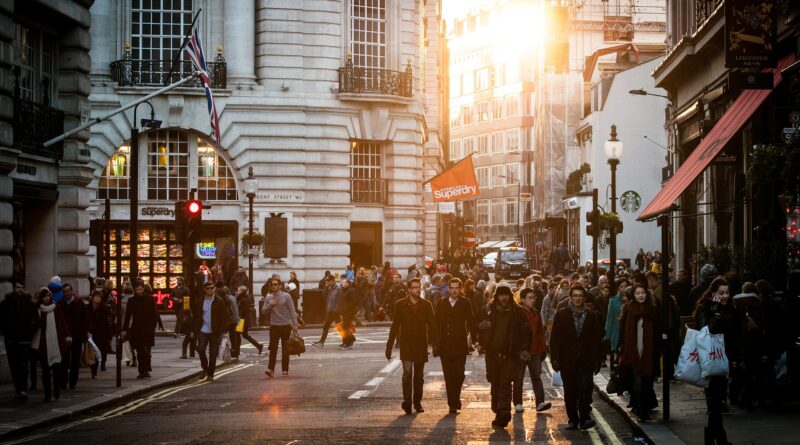This popular bottled water contains bacteria and contaminants
In the European Union, bottled water must comply with thousands of rules ranging from the different categories of water, the type of extraction, up to treatments, safety requirements, sale, labeling and packaging.
Yet a famous bottled water company has admitted, after several investigations and investigations, to having used prohibited treatments on mineral waters.
According to the Nestlé Waters brand, under which Perrier and Vittel are found, these treatments were necessary to maintain “food safety”.
Other brands of bottled water ended up, together with Nestlé, at the center of the investigation conducted by Le Monde and Radio France.
According to the data that emerged, after months of work, brands such as Vittel, Contrex, Hépar, Perrier, St-Yorre and others would have used non-compliant treatments.
The investigation found that at least a third of French bottled water brands (spring and mineral water) have difficulty following existing regulation.
According to investigations, bottled water is subjected to prohibited purification techniques.
A process that has been going on for years, without consumers knowing about it.
It seems that Nestlé Waters had already informed the French authorities that it had used banned ultraviolet treatments and activated carbon filters for bottled water.
These made necessary due to the presence of bacteria and other contaminants.
read also Plastic in water, when to be careful and how to avoid it Bottled water with bacteria and contaminants Mineral waters are a precious resource and therefore subject to rigorous European regulations that safeguard their microbiological quality.
However, behind the curtain of purity lies a controversial debate involving the treatment methods adopted by the main companies in the sector.
In particular, a recent investigation highlights the use of ultraviolet treatments and activated carbon filters by giants such as Nestlé Waters; practices that have been communicated to the French authorities since 2021.
The company justified the use of these banned techniques with climate change.
He explained that the environment around wells can sometimes make it difficult to maintain the stability of the waters' essential characteristics, namely their food safety and composition.
read also Arsenic in Italian mineral waters: table and values The consequences of the investigations: closed wells and layoffs Various chemical and microbiological agents would have accumulated in the water in the passage of the aquifers and then again in the pipes of the factories for bottled water.
This path of contamination was confirmed by the interview with Muriel Lienau, president of Nestlé France.
Lienau calls filtering practices “a legacy of the past” and was unable to pinpoint where they began.
In 2021, Nestlé Waters therefore notified the health authorities of the use of these filtration techniques, resulting in the suspension of some activities at the Vosges wells.
As regards Perrier, Nestlé has relocated some wells in the Gard for the production of a new line of flavored waters and energy drinks, called Maison Perrier, which however escapes the regulatory restrictions on mineral waters.
The cessation of filtering treatments, combined with the end of the marketing of the Vittel brand in Germany, led the group to implement a social plan: an initiative which involves the suppression of 171 stations, managed without layoffs, in accordance with an agreement stipulated in November with the unions.


